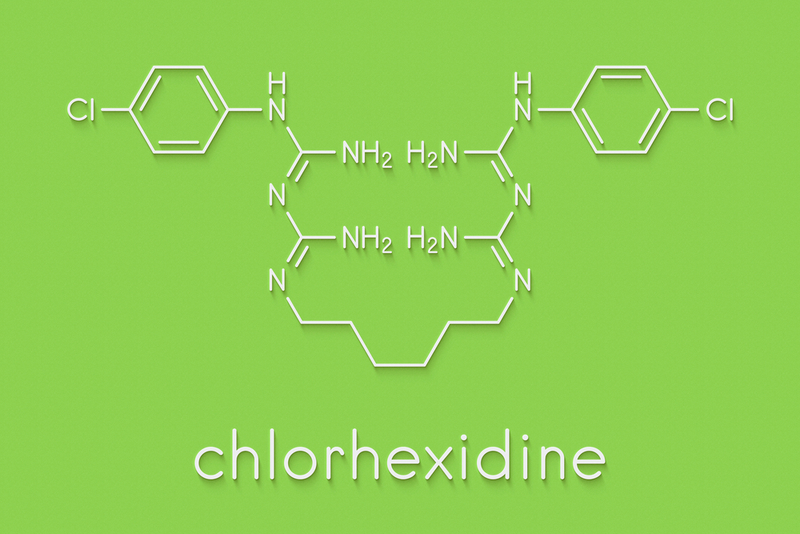Chlorhexidine mouthwash raises teeth damage risks
IANS Mar 26, 2020
Commonly-used chlorhexidine mouthwash could make saliva more acidic and increase the risk of tooth damage, according to researchers.
For our comprehensive coverage and latest updates on COVID-19 click here.

Published in the journal Scientific Reports, the study looked at the chlorhexidine mouthwash's effect on the oral microbiome and found that its use significantly increased the abundance of lactate-producing bacteria that lower saliva pH and might raise the tooth damage risk.
For the study, researchers gave a placebo mouthwash to participants for seven days, followed by seven days of chlorhexidine mouthwash. At the end of each period, the researchers carried out an analysis of the abundance and diversity of bacteria in the mouth - the oral microbiome - as well as measuring pH, saliva buffering capacity (the ability to neutralise acids in the mouth), lactate, glucose, nitrate and nitrite concentrations.
The research found that using chlorhexidine mouthwash over the seven days led to a greater abundance of species within the families of Firmicutes and Proteobacteria, and fewer Bacteroidetes, TM7 and Fusobacteria.
This change was associated with an increase in acidity, seen in lower salivary pH and buffering capacity, according to the study. Overall, chlorhexidine was found to reduce microbial diversity in the mouth, although the authors said more research was needed to determine if this reduction in diversity itself increased the risk of oral disease. "We believe this is the first study to look at the impact of 7-day use on the whole oral microbiome in human subjects," said study lead author Raul Bescos at the University of Plymouth in the UK.
According to the researchers, one of the primary roles of saliva is to maintain a neutral pH in the mouth, as acidity levels fluctuate as a result of eating and drinking. If saliva pH gets too low, damage can occur to the teeth and mucosa - tissue surrounding the teeth and on the inside of the mouth. The research also confirmed findings from previous studies that chlorhexidine disrupted the ability of oral bacteria to turn nitrate into nitrite, a key molecule for reducing blood pressure. The findings supported earlier research led by the University that showed the blood pressure-lowering effect of exercise was significantly reduced when people rinsed their mouths with antibacterial mouthwash rather than water.
-
Exclusive Write-ups & Webinars by KOLs
-
Daily Quiz by specialty
-
Paid Market Research Surveys
-
Case discussions, News & Journals' summaries